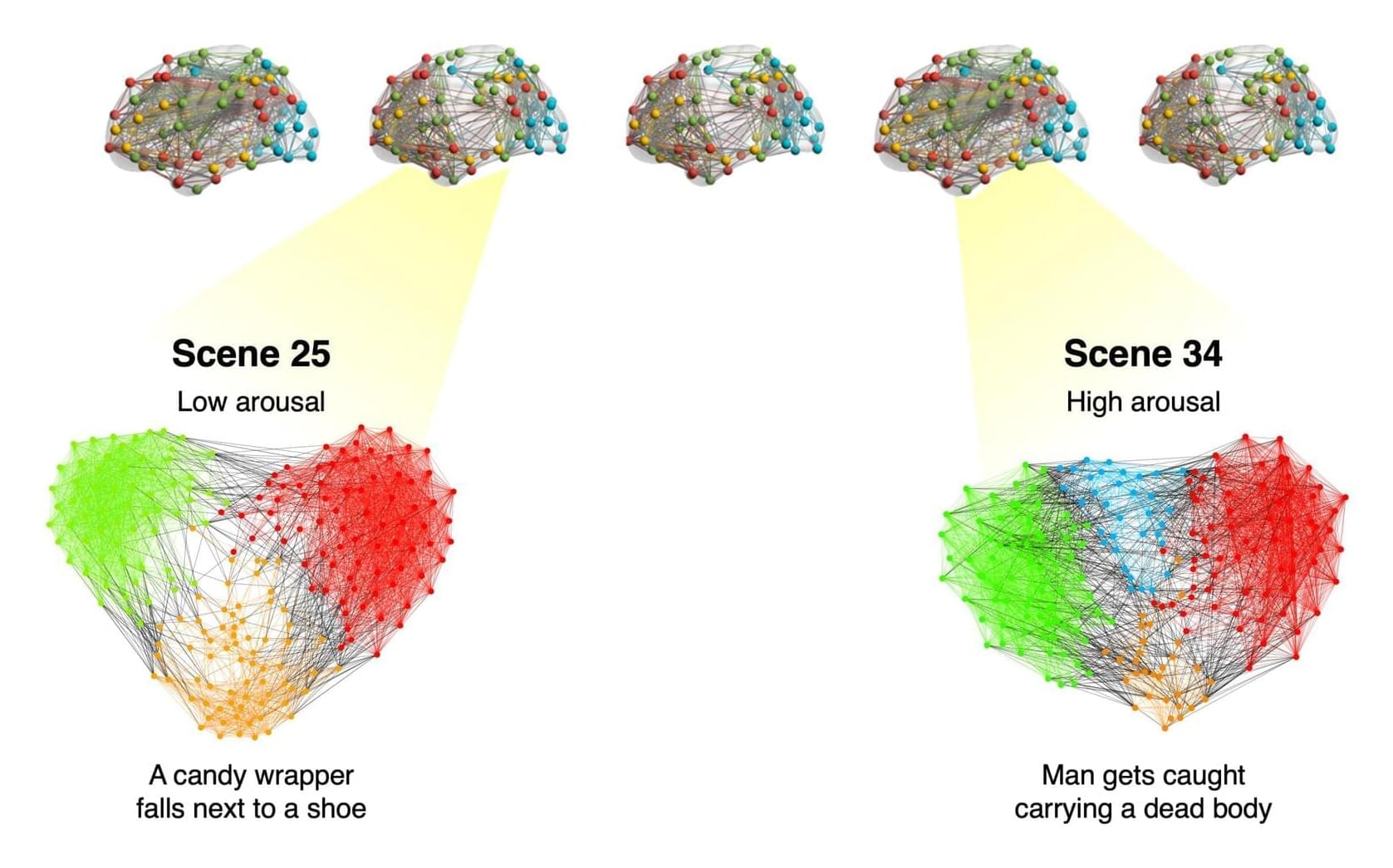Past psychology studies suggest that people tend to remember emotional events, such as their wedding, the birth of a child or traumatic experiences, more vividly than neutral events, such as a routine professional meeting. While this link between emotion and the recollection of past events is well-established, the neural mechanisms via which emotional states strengthen memories remain poorly understood.
Researchers at the University of Chicago and other institutes carried out a study aimed at better understanding these mechanisms. Their findings, published in Nature Human Behaviour, suggest that emotional states facilitate the encoding of memories by increasing communication between networks of brain regions.
“Emotional experiences tend to be ‘sticky,’ meaning that they endure in our memories and shape how we interpret the past, engage with the present, and anticipate the future,” Yuan Chang Leong, senior author of the paper, told Medical Xpress.
